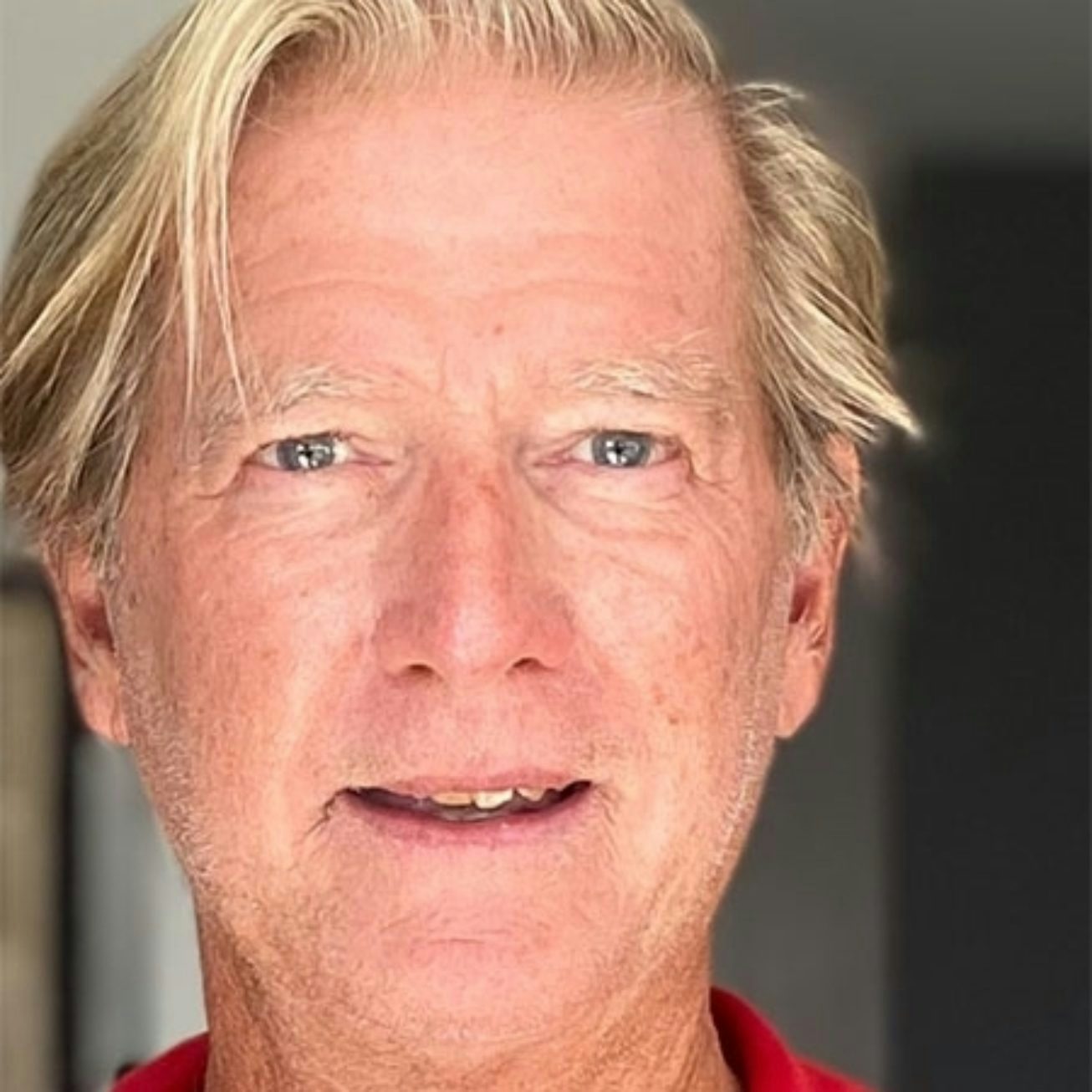Hunger on the ballot: What Wilson Bright stands for
Hunger on the ballot: What Wilson Bright stands for
The priorities of our elected officials can make a major difference in the day-to-day lives of Oregon families and communities. Below they answer our questions and share their vision to end hunger and its root causes.
The Governor's responsibility to ensuring food access
Question 1
More than a million Oregonians, from every single county in the state, accessed food assistance through the Oregon Food Bank Network in 2021. Since the beginning of the pandemic, more than 702,000 Oregonians have participated in the Supplemental Nutrition Access Program (SNAP, sometimes referred to as “food stamps”). What are the responsibilities of the Governor to ensure that our communities have consistent access to nutritious, culturally-appropriate food?
Answer
If you look at my platform to be a governor at www.wilsonBright.org you will see I revolutionize our educational system by opening up the doors to our school buildings from 7:30 – 6:30. The schools will open up to children as young as 3 months old. Childcare becomes free. Think of the implications this has on food delivery to all children. We will offer three meals a day. The longer your child stays in school the more meals they are offered for free. It will change the game on the crisis of hunger. We won't expect children to be in class for that many hours, we will offer sports, art, extracurricular activities, and more. This decision would affect every person of color in a very positive way. It will allow parents to work and not worry about the well-being of their children. I expect it to raise more people out of poverty than any one thing that has ever happened in our state.
Systemic racism and hunger
Question 2
Community members who are Black, Indigenous or People of Color face significantly higher rates of poverty and food insecurity than White Oregonians.
What role, if any, do you believe systemic racism plays in causing hunger?
What policies and programs would you support to reduce poverty and food insecurity in these communities?
Answer
No answer.
See my school plan.
Essential food workers and food insecurity
Question 3
From the fields to the grocery store, our food industry is anchored by essential workers who are immigrants. Yet the workers who keep food on our tables are among the lowest paid in Oregon. As governor, what would you do to ensure that the people who grow, process and serve our food do not experience food insecurity themselves?
Answer
Once again the problem becomes solved as long as they send their children to school.
Food insecurity in rural, urban and suburban communities
Question 4
From Ontario, to Portland, to Tillamook, rates of poverty and food insecurity are relatively similar. As governor, how would you design solutions to poverty and hunger across rural, urban and suburban communities?
Answer
No answer.
Barriers to BIPOC farming
Question 5
Of the state’s 67,595 farm producers, only 64 were Black in 2017. Black, Indigenous and People of Color have long experienced barriers in access to land, infrastructure and markets to support farming — negatively impacting both food production and economic development in communities.
Does the governor have any responsibilities to remove barriers to farming for Oregonians who are Black, Indigenous and People of Color?
If yes, what policies and programs would you support?
Answer
- No
- No answer
Affordable housing
Question 6
Oregon faces a crisis of affordable housing. People who request food assistance consistently cite the cost of housing as a primary reason for seeking help — and renters are more than six times more likely to experience hunger than homeowners. As governor, what will you do to move us toward an Oregon in which everyone has safe, affordable and healthy housing?
Answer
Please see my plan for affordable housing. I believe the single best thing we can do is to bring people into homeownership. If I become governor the state moves into the development business and builds thousands of affordable houses. (mostly of the smaller square foot size) We don’t want to be landlords, we want to be mortgage holders. We sell these affordable houses back to the general public, putting downward pressure on housing prices. We reserve at least 1/3 of these condos as rent to own. If a person works hard and stays off hard drugs, we will create opportunities for homeownership.
Caregivers and food insecurity
Question 7
The work of caring for one another is disproportionately shouldered by women. While the labor of caring for children, the elderly and people with disabilities is often unpaid, professions of childcare and home healthcare are among the lowest paid in Oregon. Single mothers and caregivers are over three times more likely to experience hunger than the general population. As governor, what will you do to ensure that the people providing care in our communities do not experience food insecurity?
Answer
Once again I provide affordable housing and food security with two basic actions. We are too prosperous of a nation and too smart of a people to let this problem continue. We are better than this.
Hear from each candidate
Read everything the candidates had to say on anti-hunger policies by clicking on their photo below.
